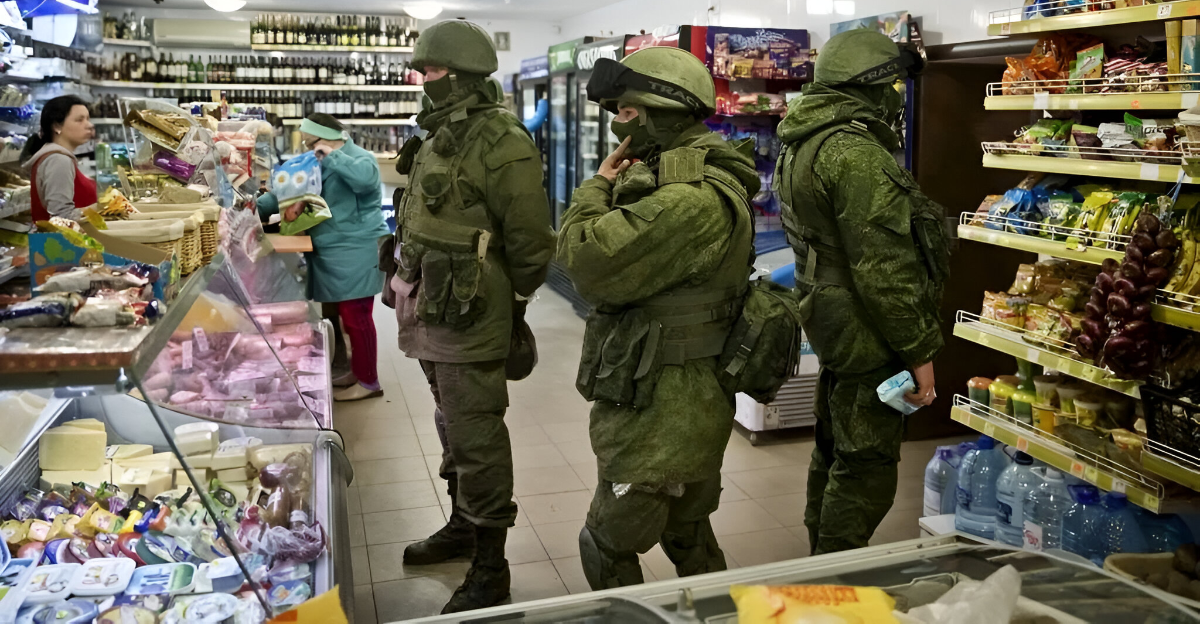
On July 14, 2025, a Moscow court handed full control of Glavprodukt, Russia’s largest canned-food producer, to the state. The company had been owned by U.S. entrepreneur Leonid Smirnov. According to Reuters, this marks the first direct confiscation of American business property in Russia since the Ukraine war began. What follows reveals a rising pattern with serious global stakes.
How It All Started

In February 2022, Russia’s invasion of Ukraine triggered sweeping legal changes. New laws made it easier for the Kremlin to nationalize or control foreign-owned assets. This broader shift set the stage for what later became the Glavprodukt takeover. Scrutiny and pressure on Western businesses grew rapidly over the coming years.
The 2023 Decree That Opened the Door to Seizures
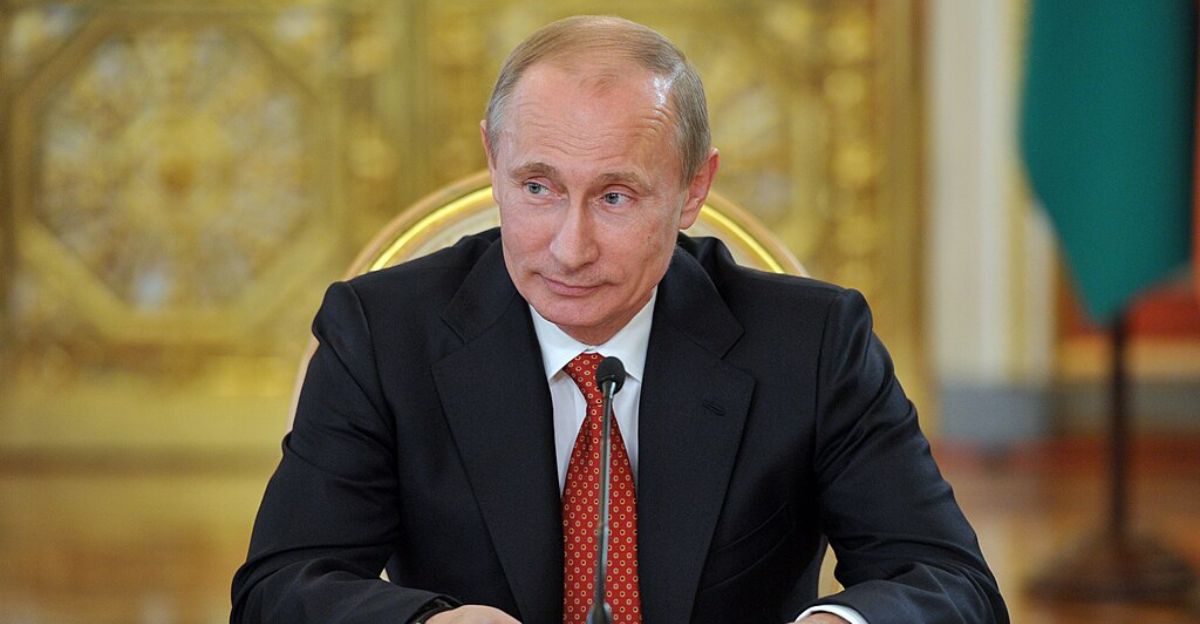
In April 2023, President Putin signed a decree allowing the government to seize assets belonging to companies from so-called “unfriendly” nations. The move came in direct response to Western governments freezing roughly $300 billion in Russian state reserves. Seen as economic retaliation, this policy marked the start of a sweeping expropriation campaign that has since reshaped Russia’s business landscape, especially for foreign-owned firms operating inside its borders.
Temporary Takeover Begins
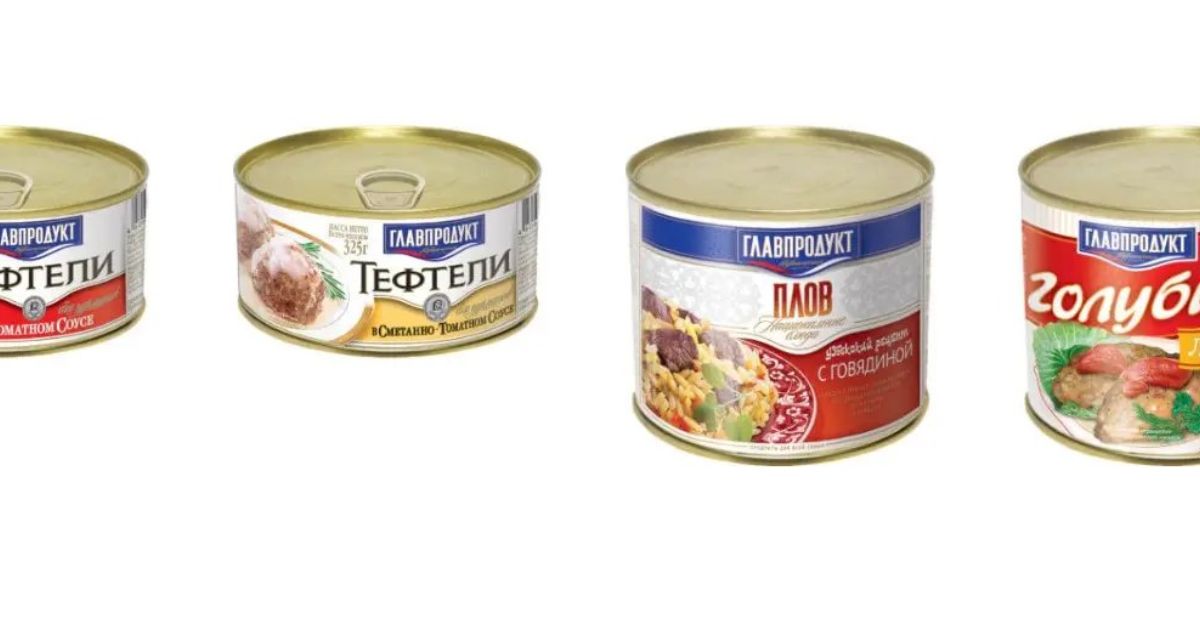
On October 16, 2024, President Putin invoked emergency powers and ordered Glavprodukt placed under temporary state control. Within 48 hours, Rosimushchestvo, the federal property agency, installed a state-appointed director, effectively sidelining U.S. oversight. This move signaled a clear escalation and closed the door on private management.
Asset Freeze Moves Ahead
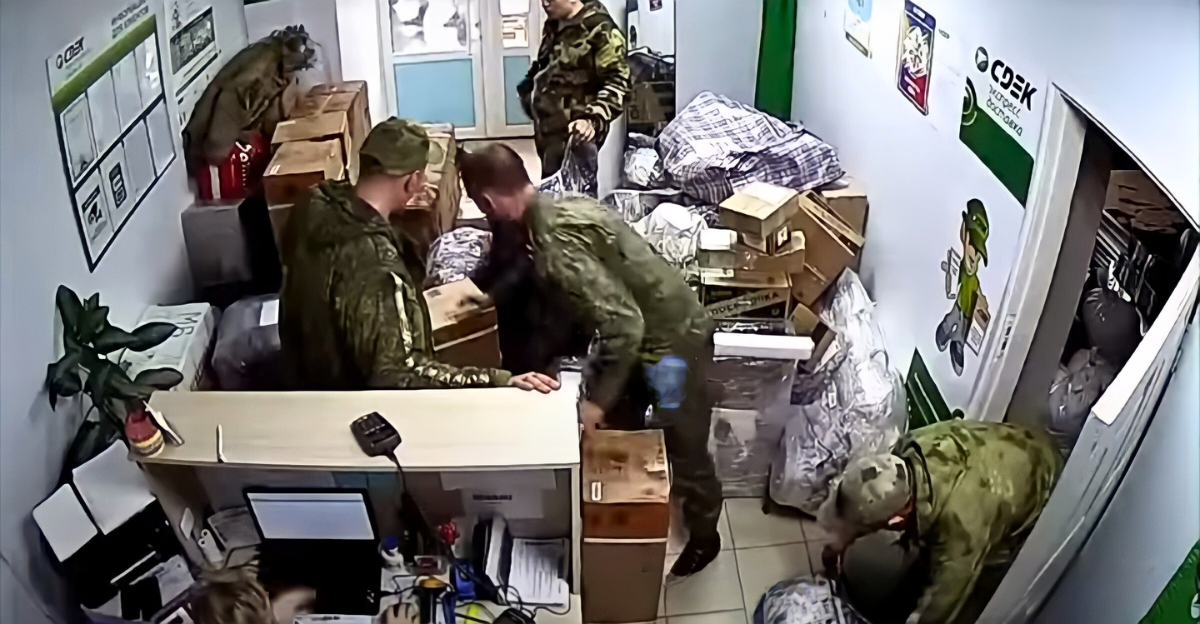
By March 12, 2025, the Moscow Arbitration Court, acting on a prosecutor general request, froze Glavprodukt’s assets, including cash, equipment, inventory, and shares, while formal seizure hearings kicked off. Prosecutors pointed to alleged capital outflows as justification. This marked a major step toward full state ownership. Now, things were heading toward a courtroom showdown.
Legal Hearings Intensify

On April 18, court proceedings began in earnest. Prosecutors presented criminal charges and made the case for a complete takeover. They even suggested using Glavprodukt to feed Russia’s military, but owner Leonid Smirnov denied all claims. With high stakes on both sides, the fate of the company was coming into sharper focus.
About the Company and Its Owner

Glavprodukt is Russia’s largest canned food maker with three factories and over 1,000 employees. It was founded by U.S. citizen Leonid Smirnov, who emigrated from the Soviet Union and built the business into a $200 million enterprise. Smirnov still lives in Los Angeles and says prosecutors are conducting a “Russian-style corporate raid.” His leadership and personal story make this case as much about him as about Glavprodukt itself.
Criminal Charges: $17 Million Transfer Allegation

Russian prosecutors accuse Glavprodukt’s American owner, Leonid Smirnov, of illegally transferring 1.38 billion rubles (around $17 million) abroad between 2022 and 2024. The charges were filed after the October 2024 state seizure but before the July full takeover. A Moscow court froze Glavprodukt’s assets in March 2025 based on the claim. Smirnov denies wrongdoing, calling the case a “Russian-style corporate raid” and insists the transfers were legal, taxed dividend payments. He’s challenging the case in multiple courts.
Smirnov Plans to Fight Back

Leonid Smirnov isn’t backing down. He’s appealing the seizure in Russian courts, launching civil suits in the U.S., and pursuing international arbitration. His legal team argues the Glavprodukt takeover violates constitutional rights and international investment treaties. If lost profits are included, they estimate damages could exceed $600 million.
Who’s Benefiting from the Takeover?

Glavprodukt’s new board was handpicked in coordination with Druzhba Narodov, a company linked to Alexander Tkachev, a former agriculture minister under EU sanctions since 2014. Internal records and reporting suggest this transfer fits a broader pattern, where state-seized assets are handed to Kremlin-connected elites.
Kremlin Calls It a Matter of Food Security
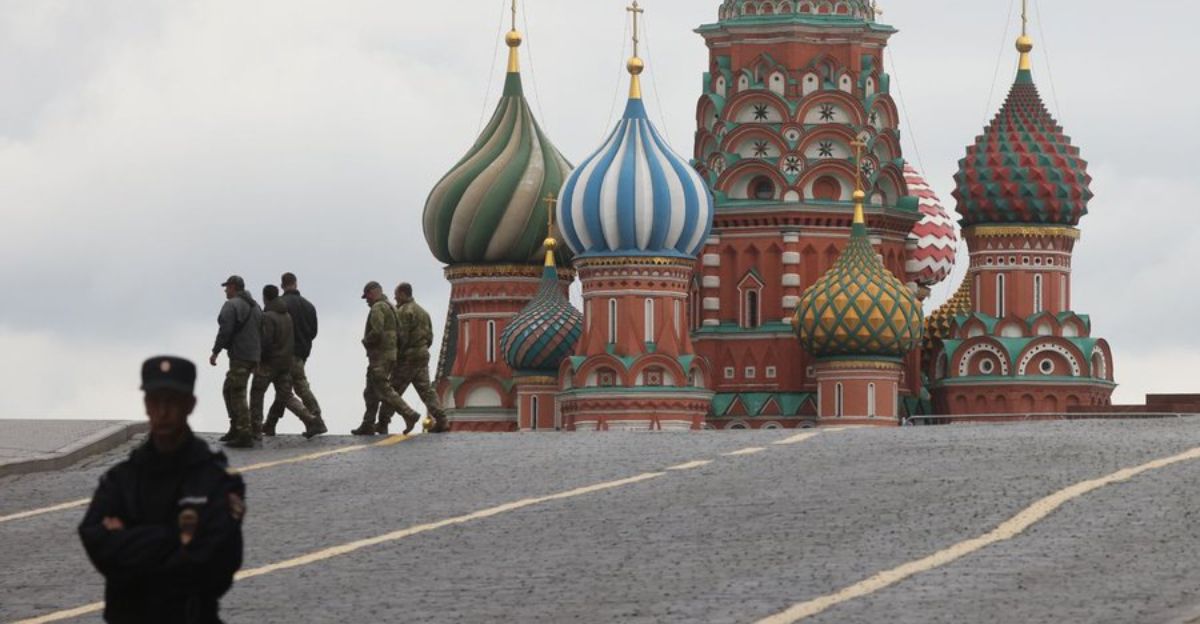
Russian officials defend the Glavprodukt nationalization as essential for food security. They highlight the company’s strategic role in ensuring a steady supply of food for both civilians and the military during wartime disruptions.
Glavprodukt Ordered to Feed Russia’s War Machine
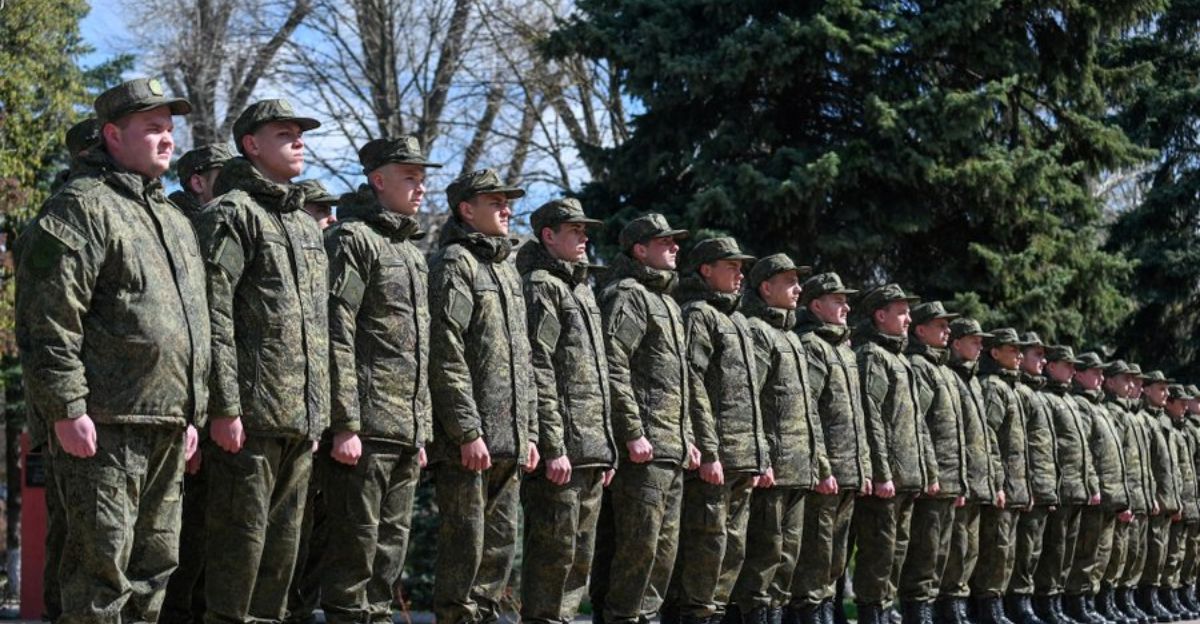
In April, Russian authorities ordered Glavprodukt to start supplying food to the military and National Guard by year’s end, a major shift from its previous civilian-only focus. A letter reviewed by Reuters confirms the directive. The U.S. State Department has raised concerns, warning that using seized firms like Glavprodukt to support Russia’s war production risks embedding them in the war economy, further complicating diplomacy and expanding the scope of future sanctions.
Post-Seizure Losses Mount for Glavprodukt
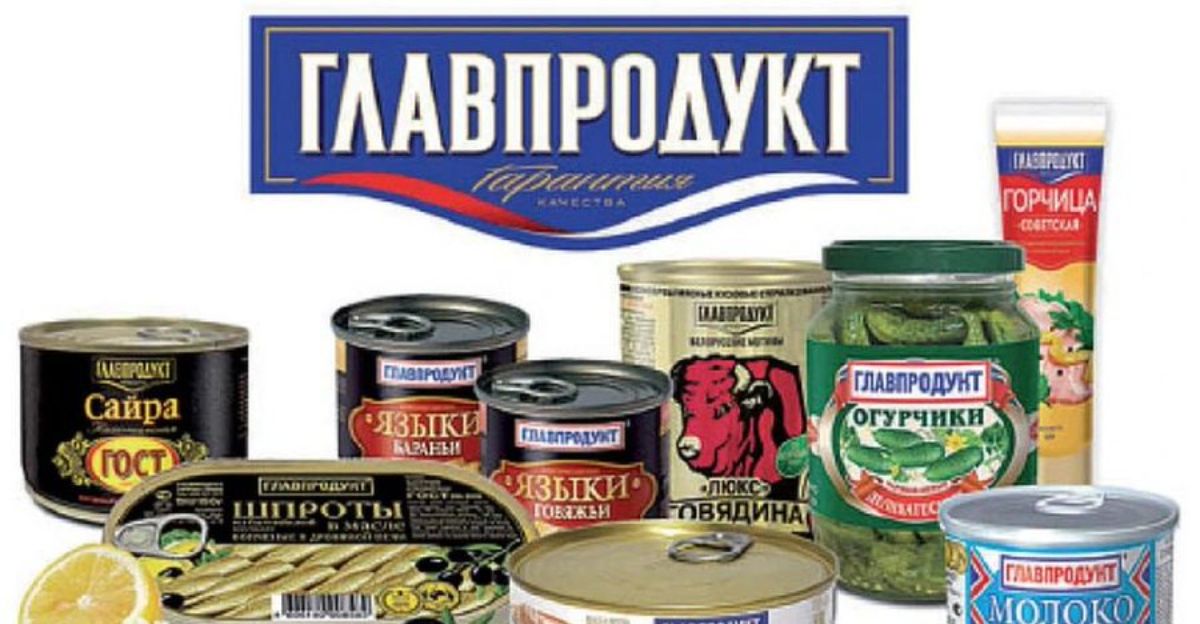
Glavprodukt’s financial health has sharply declined since the state takeover. Internal records show a 28% year-on-year drop in sales this month, replacing modest profits with monthly losses of 180 million rubles. Reports from The Moscow Times and Reuters also cite growing warehousing needs due to excess inventory and strained credit lines with banks. The shift to state control has not improved operations; instead, it’s pushed one of Russia’s largest food producers deep into the red.
Glavprodukt Is Just the Beginning
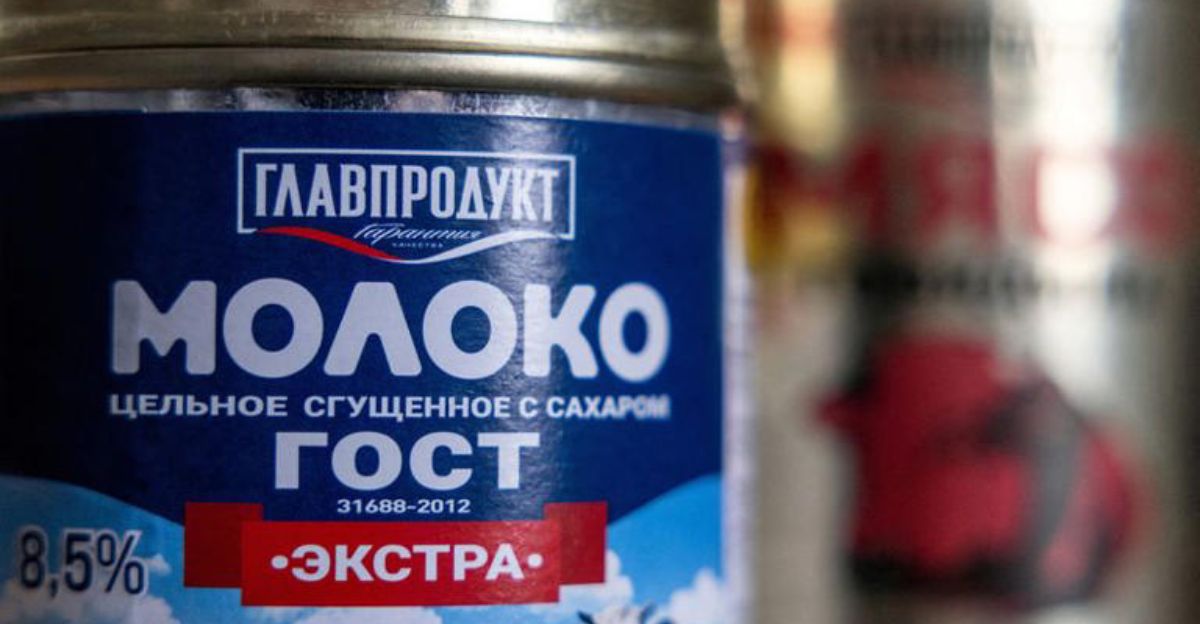
Glavprodukt’s seizure is part of a broader wave. In 2024 alone, Russia nationalized at least 67 companies worth up to $9.6 billion, more than double the 2023 figure. According to NV News and security sources, many of these firms were later sold to Kremlin-linked insiders, often at just 15–35% of their estimated value, reinforcing concerns that state takeovers are less about national interest and more about enriching powerful allies.
Western Firms Are on Edge
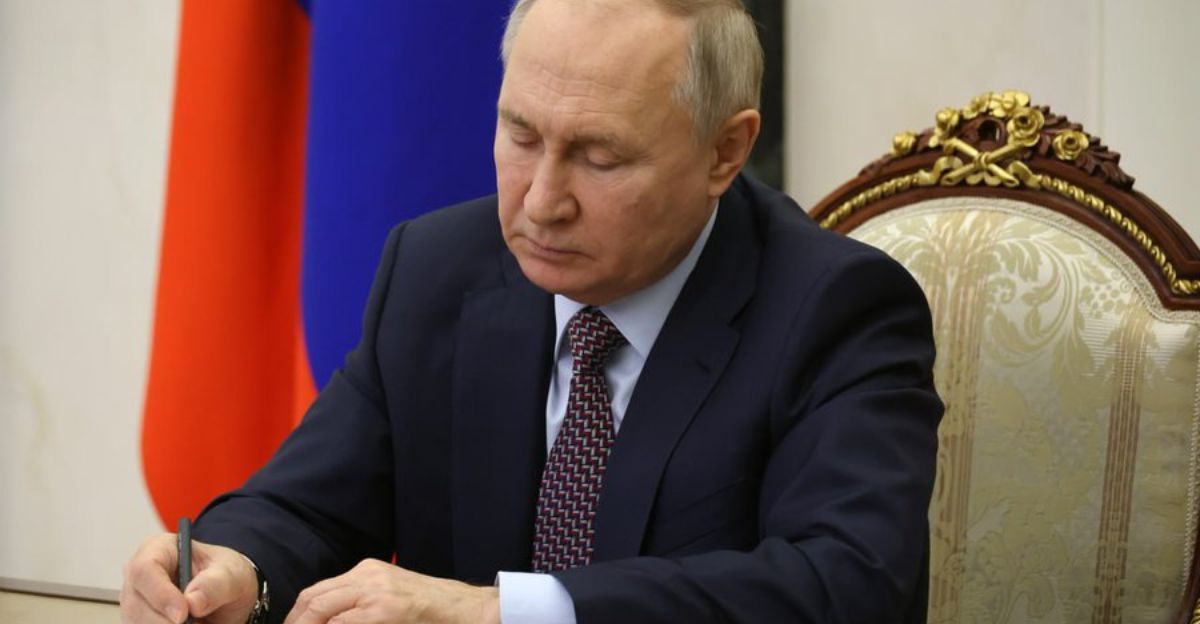
Since 2023, Western giants like Danone, Carlsberg, and Fortum have seen Russian branches seized or forcibly placed under state control. The Kremlin’s approach now extends beyond critical industries; energy, food, and manufacturing have all been affected. With no clear legal protections and increasing political risk, multinationals are reassessing operations in Russia, unsure whether they’re next in line for expropriation.
Little Hope of Getting Assets Back
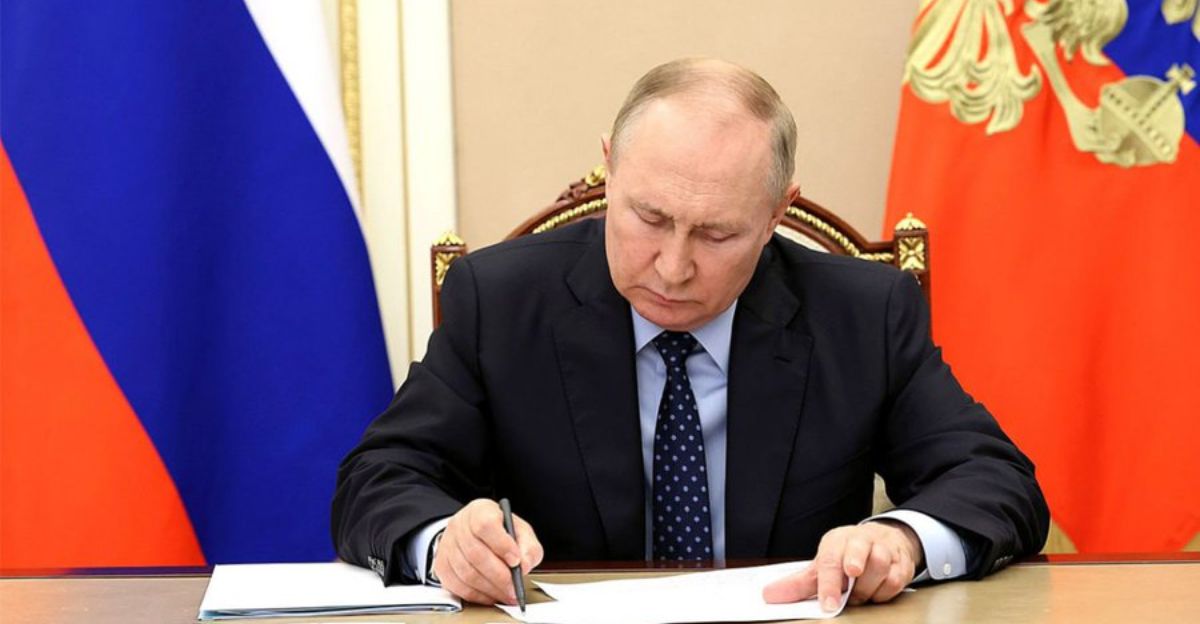
When the Kremlin designates a company “strategic,” its control shifts to Rosimushchestvo, which often resells assets domestically at steep discounts. Foreign court rulings are rarely enforced in Russia, leaving ex-owners with little recourse. As a result, many are now turning to lawsuits targeting frozen Russian sovereign assets abroad, hoping for compensation through Western legal systems rather than Russian ones.
U.S.–Russia Talks at a Standstill

Diplomatic talks over asset seizures and sanctions have stalled since April. Washington insists Moscow must compensate for expropriated companies like Glavprodukt before any sanctions are lifted. Meanwhile, Russia demands the release of $300 billion in frozen reserves. With both sides holding firm, negotiations have made little progress, prolonging uncertainty for affected businesses and investors.
Workers Face a Tough Future

Glavprodukt’s workforce of over 1,000 is facing rising instability. Internal government letters obtained by Reuters reveal that up to 250 layoffs may hit by October if the company’s performance doesn’t recover. Labor unions are calling for intervention and job guarantees, but with sales still falling and losses mounting, the outlook for many employees remains grim.
Smirnov Speaks Out

“I built what many call the Campbell’s of Russia, and now it’s being destroyed,” Leonid Smirnov told the New York Post, describing how his company Glavprodukt has lost nearly 30% of its value and seen key personnel depart since the state takeover. Smirnov alleges the Russian action is a government-orchestrated raid and is urging Washington to act before more American assets are lost.
What Happens Next?
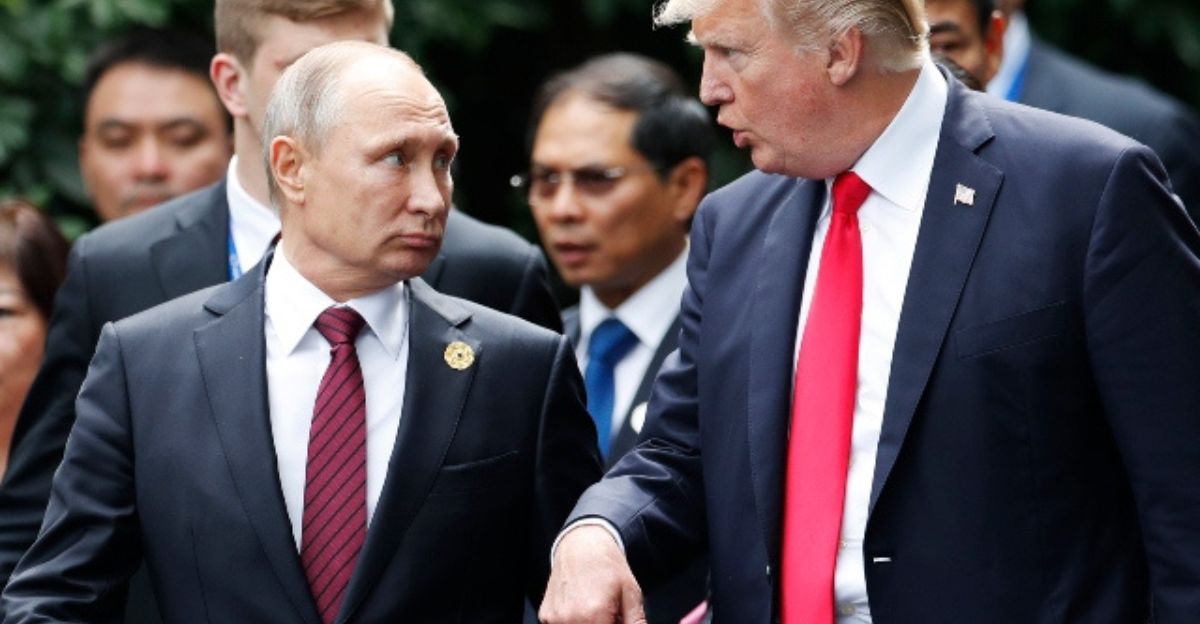
Several legal and diplomatic developments are still unfolding in the Glavprodukt case. Leonid Smirnov is actively challenging the asset seizure in both Russian and U.S. courts, including in Arkansas. Right now, no official hearing or service dates have been publicly confirmed. Although there are reports of a possible stake auction, no reputable business outlets have verified them. Analysts say any future compensation or U.S.–Russia negotiations may hinge on these legal outcomes, though no formal talks are tied to specific court proceedings.
A Warning for the Business World

Glavprodukt’s seizure isn’t a one-off; it’s a warning. Russia’s wave of takeovers now includes groceries, tech firms, and even gold mines. Investors are asking if staying in the Russian market is worth the risk. According to Reuters and Business Insider, the next confiscation could happen anytime, and no company is truly safe.
